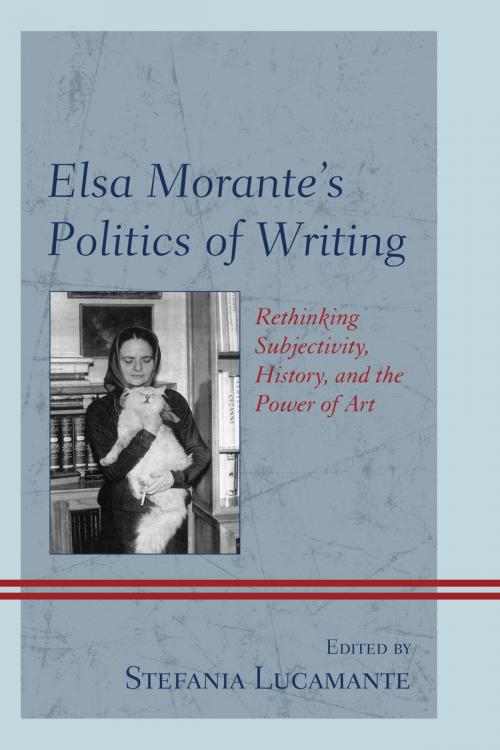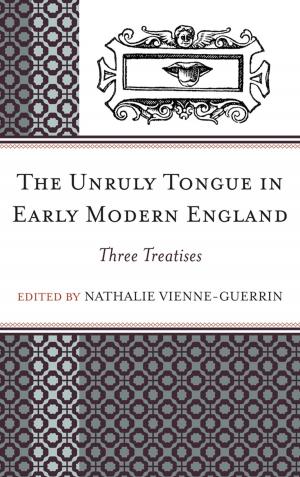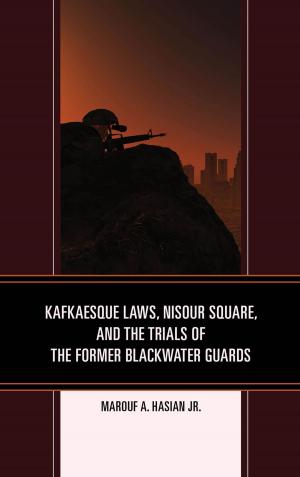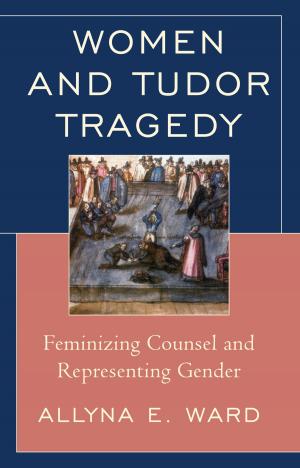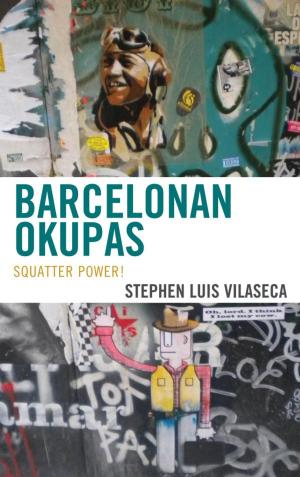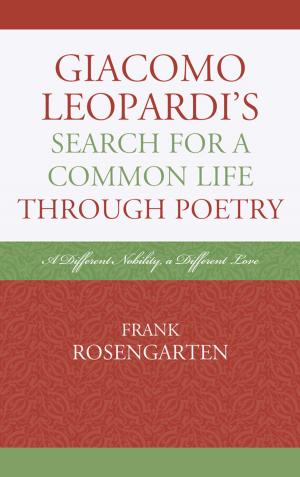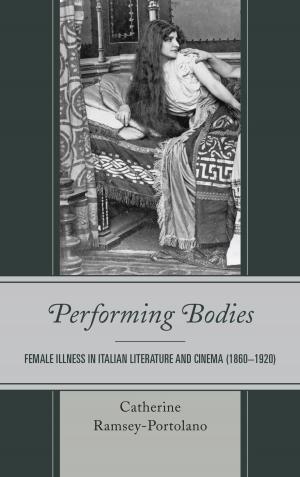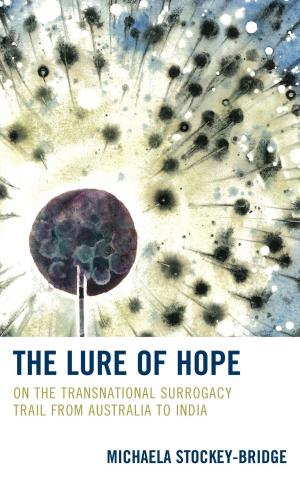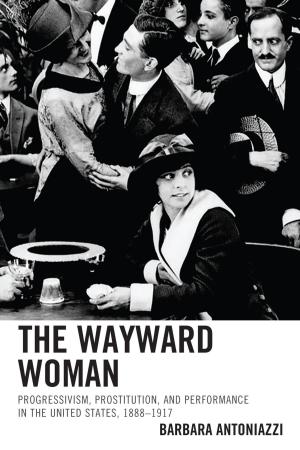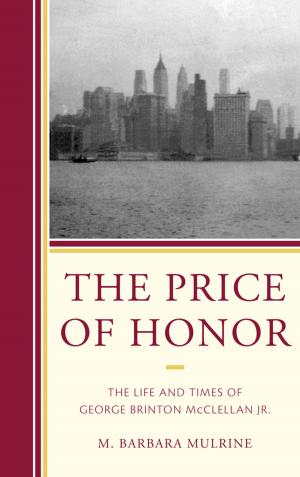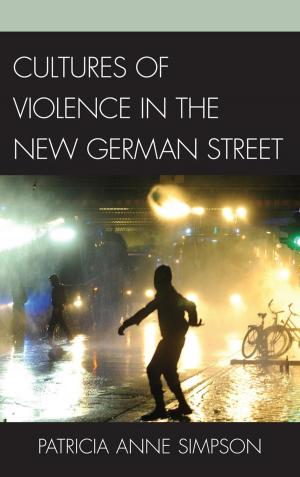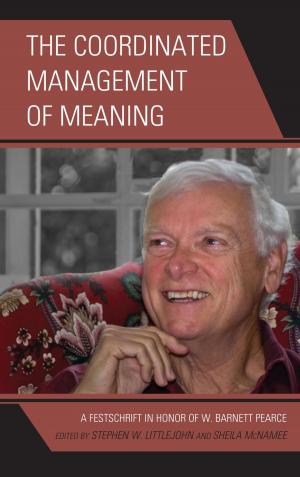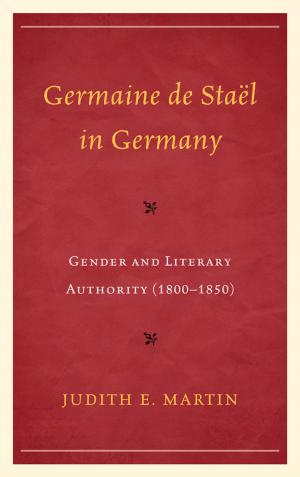Elsa Morante's Politics of Writing
Rethinking Subjectivity, History, and the Power of Art
Nonfiction, Social & Cultural Studies, Social Science, Gender Studies, Fiction & Literature, Literary Theory & Criticism| Author: | Claude Cazalé Bérard, Sarah Carey, Flavia Cartoni, Gandolfo Cascio, Francesco Chillemi, Giovanna De Luca, Manuele Gragnolati, Thomas Harrison, Claudia Karagoz, Kenise Lyons, Gaetana Marrone, Daniele Morante, Maria Morelli, Gabrielle Orsi, Lorenzo Salvagni, Hanna Serkowska, Katrin Wehling-Giorgi, Sharon Wood, Giuliana Zagra, Saskia Ziolkowski | ISBN: | 9781611477955 |
| Publisher: | Fairleigh Dickinson University Press | Publication: | December 18, 2014 |
| Imprint: | Fairleigh Dickinson University Press | Language: | English |
| Author: | Claude Cazalé Bérard, Sarah Carey, Flavia Cartoni, Gandolfo Cascio, Francesco Chillemi, Giovanna De Luca, Manuele Gragnolati, Thomas Harrison, Claudia Karagoz, Kenise Lyons, Gaetana Marrone, Daniele Morante, Maria Morelli, Gabrielle Orsi, Lorenzo Salvagni, Hanna Serkowska, Katrin Wehling-Giorgi, Sharon Wood, Giuliana Zagra, Saskia Ziolkowski |
| ISBN: | 9781611477955 |
| Publisher: | Fairleigh Dickinson University Press |
| Publication: | December 18, 2014 |
| Imprint: | Fairleigh Dickinson University Press |
| Language: | English |
Elsa Morante’s Politics of Writing is a collected volume of twenty-one essays written by Morante specialists and international scholars. Essays gather attention on four broad critical topics, namely the relationship Morante entertained with the arts, cinema, theatre, and the visual arts; new critical approaches to her four novels; treatment of body and sexual politics; and Morante’s prophetic voice as it emerges in both her literary works and her essayistic writings. Essays focus on Elsa Morante’s strategies to address her wide disinterest (and contempt) for the Italian intellectual status quo of her time, regardless of its political side, while showing at once her own kind of ideological commitment. Further, contributors tackle the ways in which Morante’s writings shape classical oppositions such as engagement and enchantment with the world, sin and repentance, self-reflection, and corporality, as well as how her engagement in the visual arts, theatre, and cinematic adaptations of her works garner further perspectives to her stories and characters. Her works—particularly the novels Menzogna e sortilegio (House of Liars, 1948), La Storia: Romanzo (History: A Novel, 1974) and, more explicitly, Aracoeli (Aracoeli, 1982)—foreshadowed and advanced tenets and structures later affirmed by postmodernism, namely the fragmentation of narrative cells, rhizomatic narratives, lack of a linear temporal consistency, and meta- and self-reflective processes.
Elsa Morante’s Politics of Writing is a collected volume of twenty-one essays written by Morante specialists and international scholars. Essays gather attention on four broad critical topics, namely the relationship Morante entertained with the arts, cinema, theatre, and the visual arts; new critical approaches to her four novels; treatment of body and sexual politics; and Morante’s prophetic voice as it emerges in both her literary works and her essayistic writings. Essays focus on Elsa Morante’s strategies to address her wide disinterest (and contempt) for the Italian intellectual status quo of her time, regardless of its political side, while showing at once her own kind of ideological commitment. Further, contributors tackle the ways in which Morante’s writings shape classical oppositions such as engagement and enchantment with the world, sin and repentance, self-reflection, and corporality, as well as how her engagement in the visual arts, theatre, and cinematic adaptations of her works garner further perspectives to her stories and characters. Her works—particularly the novels Menzogna e sortilegio (House of Liars, 1948), La Storia: Romanzo (History: A Novel, 1974) and, more explicitly, Aracoeli (Aracoeli, 1982)—foreshadowed and advanced tenets and structures later affirmed by postmodernism, namely the fragmentation of narrative cells, rhizomatic narratives, lack of a linear temporal consistency, and meta- and self-reflective processes.
